EBRS Board of Directors Election 2023
ELECTION 2023
The Candidates
The Nominations Committee (Martha Merrow, Debra Skene, Frank Scheer, Jens Hannibal, Charlotte Helfrich-Förster) has proposed single (un-opposed) candidates for President, President-Elect, Secretary and Treasurer.
There are 5 candidates for regular Board of Directors members. You may vote for 4 of these candidates. In addition, there is one candidate as the Board Member from the Americas and the Japanese Society for Chronobiology has appointed their representative to our Board.
-
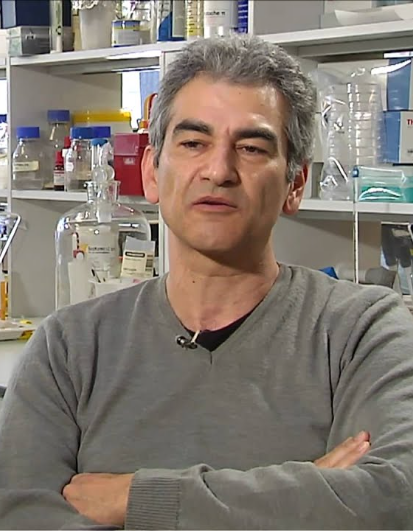
Candidate for President
Charalambos Kyriacou
-
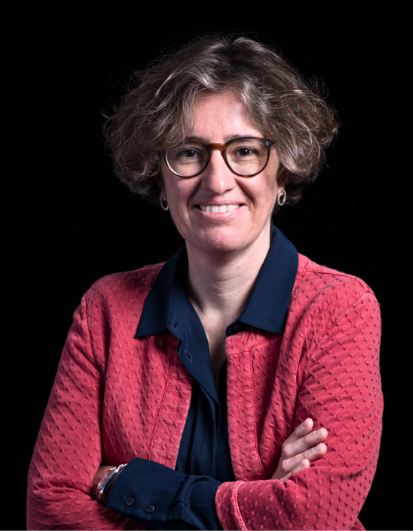
Candidate for President-Elect
Sara Montagnese
-
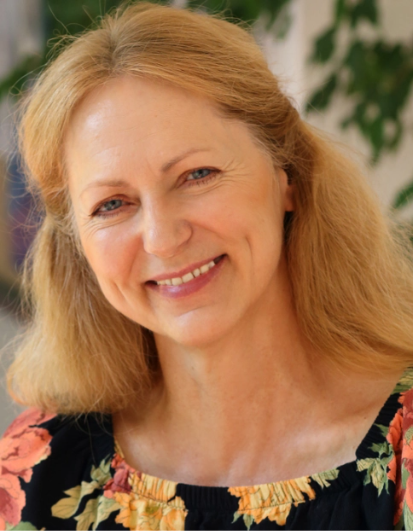
Candidate for Secretary
Alena Sumova
-
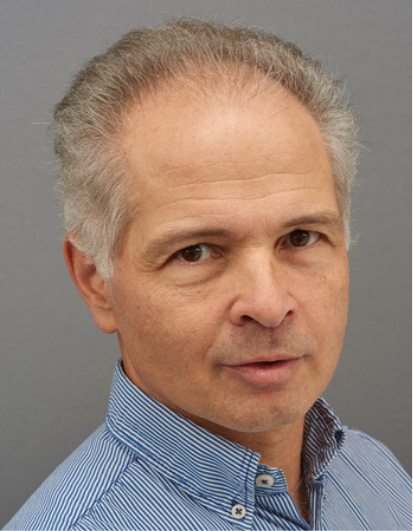
Candidate for Treasurer
Urs Albrecht
Candidates for the Board of Directors
-
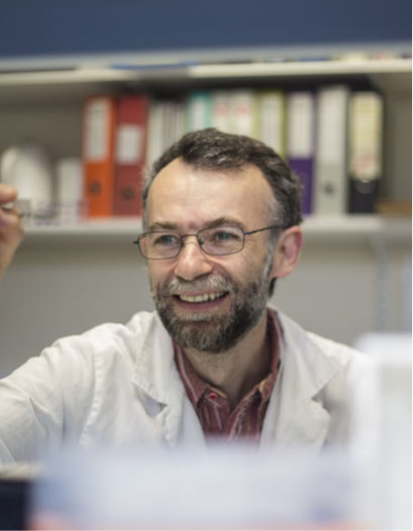
Board Candidate
Ettiene Challet
-
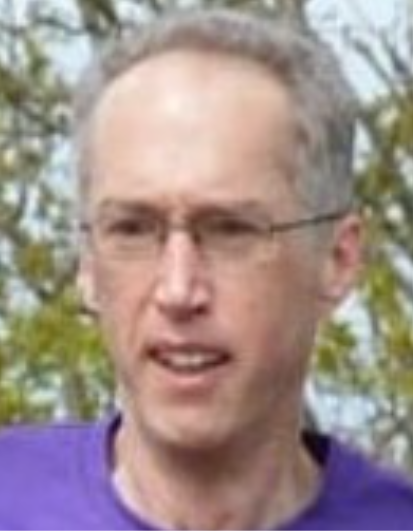
Board Candidate
Jonathan Johnston
-
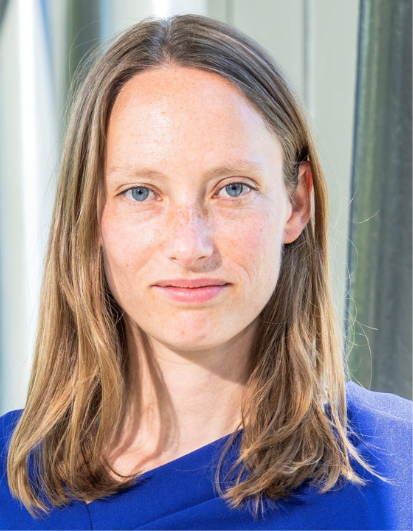
Board Candidate
Laura Kervezee
-
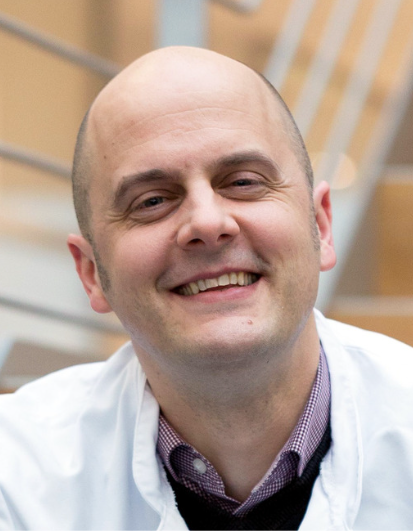
Board Candidate
Henrik Oster
-
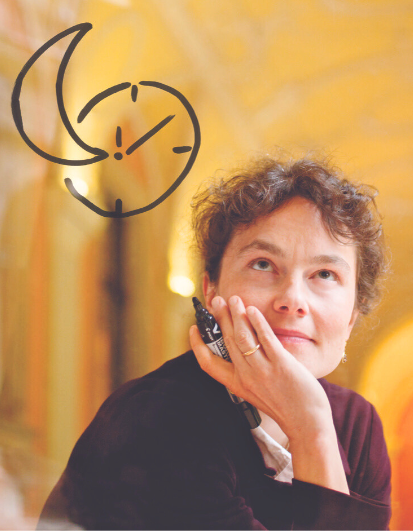
Board Candidate
Kristin Tessmar
International Board Candidates
-
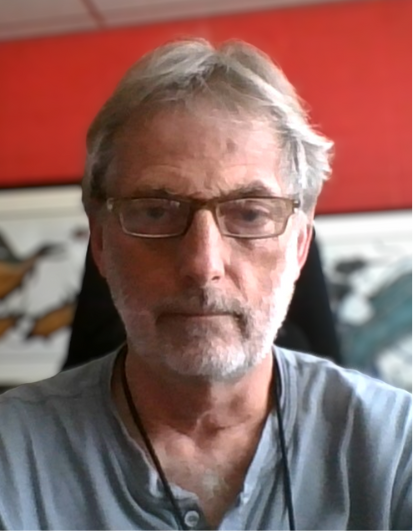
Candidate for Board Member from the Americas
Martin Ralph
-
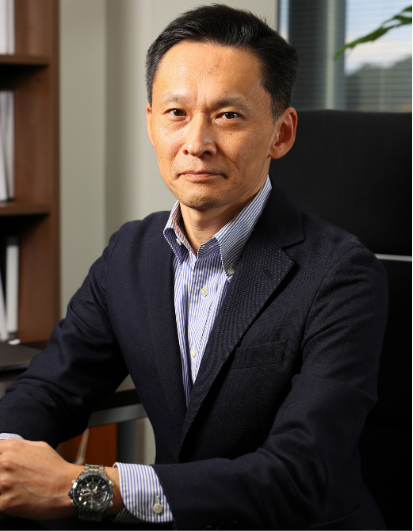
Appointed Member of the Board of Directors by the Japanese Society of Chronobiology
Takashi Yoshimura
Read more …EBRS Board of Directors Election 2023
- Created on .
- Last updated on .
- Hits: 1746


